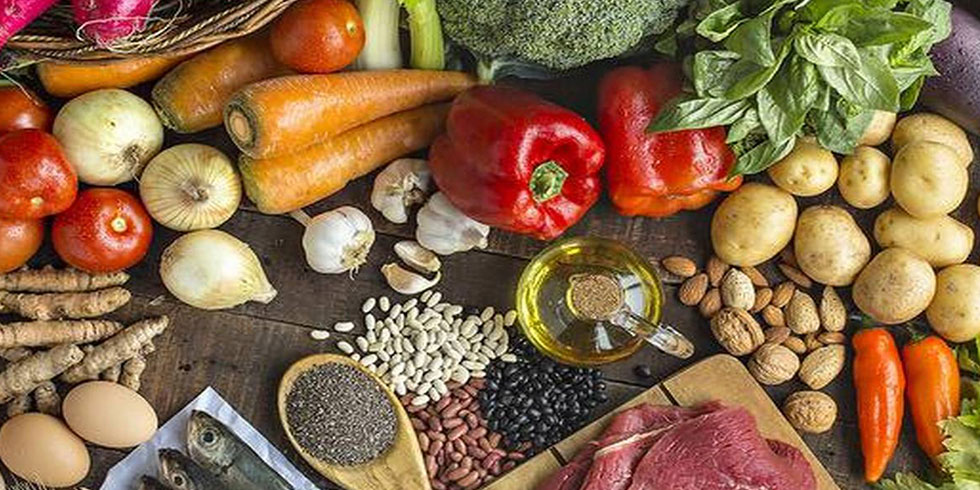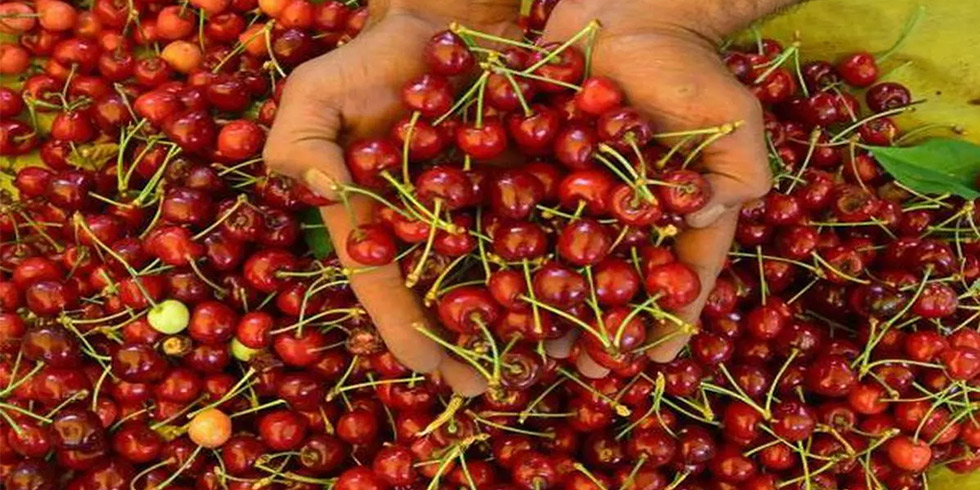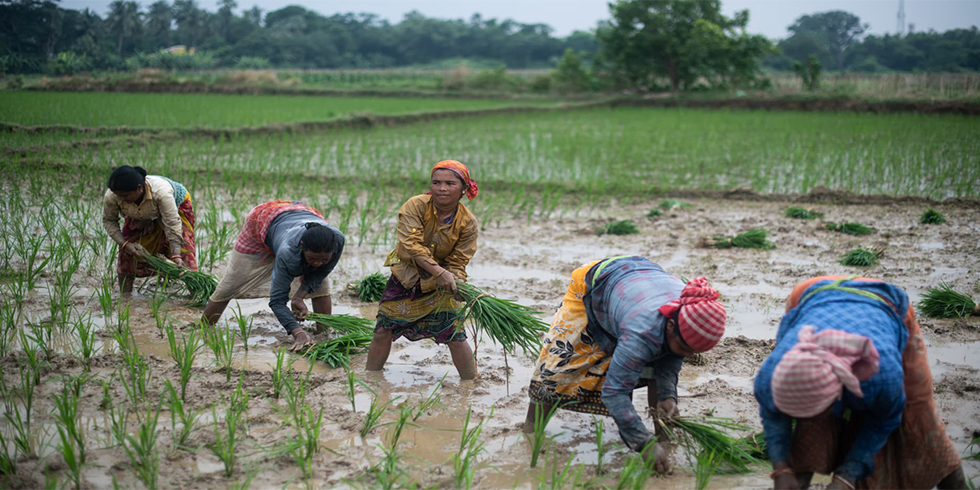A consignment of 10.2 MT of value added products comprising organically certified gluten free jackfruit powder and retort packed jackfruit cubes was shipped from Bengaluru to Germany via maritime route, boosting India's organic food exports.
The consignment was processed at the Phalada Agro Research Foundations (PARF) pack house in Bengaluru. PARF is a registered organisation with the Agricultural and Processed Food Products Export Development Authority (APEDA) that represents 1500 farmers across 12,000 acres of land. Medicinal and aromatic herbs, coconut, jackfruit, mango puree goods, spices, and coffee are all grown by these growers.
A shipment of 1.2 MT of fresh jackfruit from Tripura was recently shipped to London. Krishi Sanyoga Agro Producer Company Ltd, situated in Tripura, supplied the jackfruit. The shipment was packed at Salt Range Supply Chain Solution Ltd's APEDA-assisted pack-house facility and exported by Kiega EXIM Pvt Ltd. This was the first APEDA-assisted pack house for European Union exports, and it was approved in May 2021.
India produced roughly 3.49 million tonne of certified organic products in 2020-21, including sugarcane, oil seeds, cereals, cotton, pulses, millets, aromatic and medicinal plants, tea, coffee, spices, vegetables, fruits, dry fruits, processed meals, and so on.
Madhya Pradesh, Rajasthan, Maharashtra, Gujarat, Karnataka, Odisha, Sikkim, and Uttar Pradesh have the most organically certified land. The entire amount of organic products exported in 2020-21 was 8.88 lakh metric tonnes, with an export value of roughly 7,078 crores ($1 billion).
PARF, situated in Bengaluru, assists small farmer groups in obtaining certification in accordance with the National Programme for Organic Production (NPOP) guidelines. APEDA's authorised Organic Certification programme has certified PARF's processing plant.
“Organic products are grown under the NPOP in a system of agriculture that avoids the use of chemical fertilisers and pesticides while still being environmentally and socially responsible. This style of farming works at the grass-roots level, conserving the soil's reproductive and regenerative capacity, adequate plant nutrition, and sound soil management, resulting in nutritious, disease-resistant food. The NPOP is now being implemented by APEDA, which includes accreditation of certification bodies, standards for organic production, promotion of organic farming and marketing, and so on," according to a statement from the commerce ministry.








Add Comment